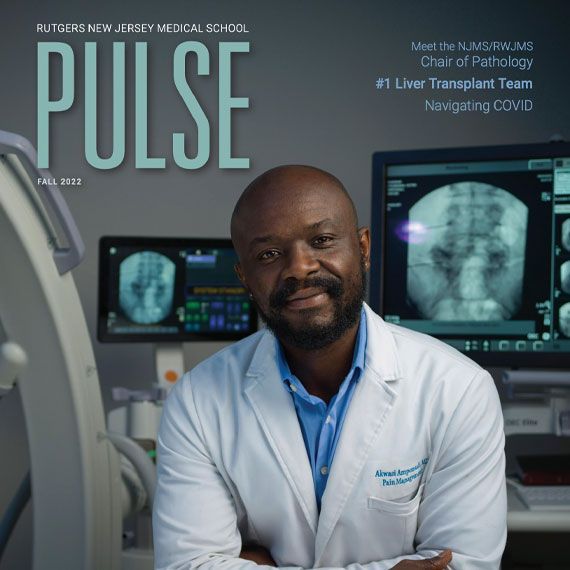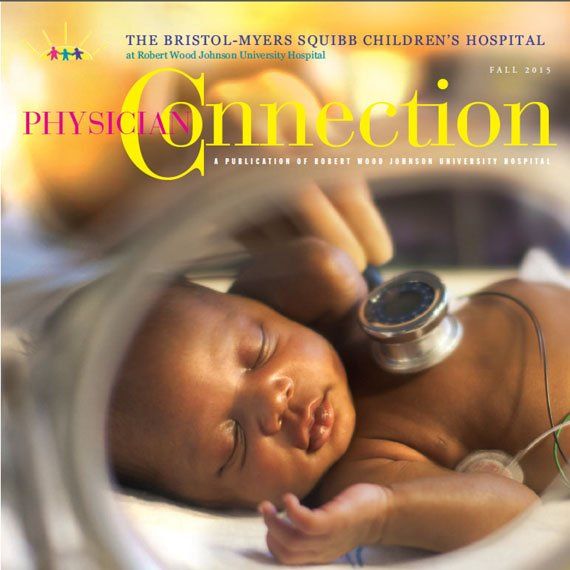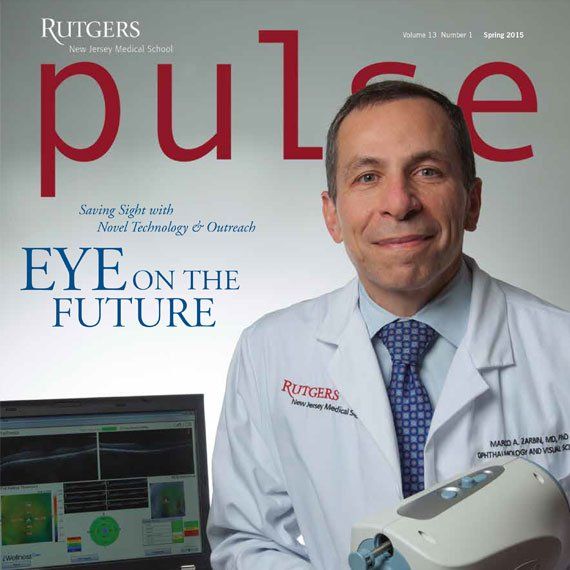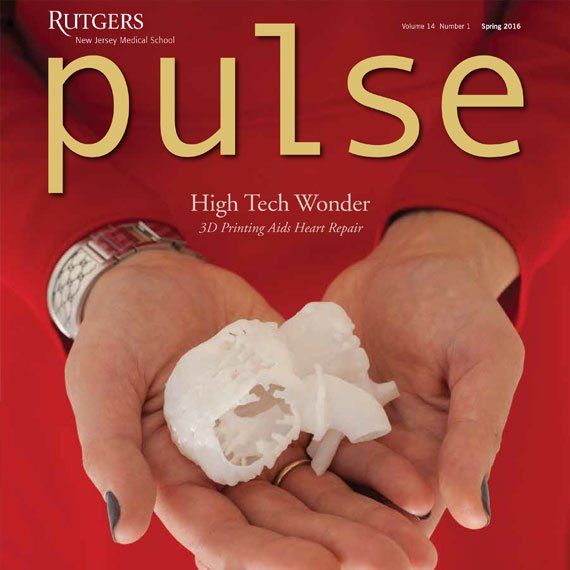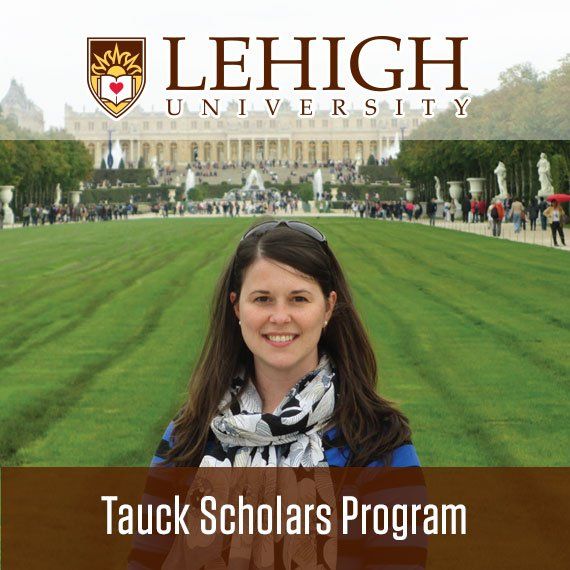The Grandmother Effect
I’ve been doing a lot of babysitting the last few months and there is nothing more rewarding and exhausting. There is certainly a biological reason for motherhood being reserved for the younger generation. Don’t even try to talk to me after a 12-hour day with a toddler. I am so tired that I can hardly think straight. But I wouldn’t want it any other way. Not only am I growing closer and more in love with all three of my grandchildren but it turns out that my natural instinct as a grandmother to want to help my children raise their children has evolutionary rewards for all.

Evie is Miss Independent on a beach walk. Keeps me racing after her!
Google the “grandmother hypothesis” and the term pops up in various scientific places. Even Wikipedia covers the topic questioning whether this theory could explain the existence of menopause. Hah. Why do women live long after our roles as fertile females able to give birth have ended?
Researcher James G. Herndon at Emory University in Atlanta, GA, surmises, “Women who remain vigorous beyond their fertile years may have enhanced their reproductive success by providing care for their grandchildren. This care would have enabled their daughters to resume reproduction sooner.” In other words, grandmothers make it possible for daughters to have more children and thereby ensure that the next generation lives and prospers. This certainly makes sense. In “The Grandmother Effect: Implications for Studies on Aging and Cognition,” published in Gerontology (January 2010), Herndon also suggests that grandmothering is good for the older woman’s brain too. “The ancestral human grandmothers necessarily included resistance to cognitive decline” … and gained advantages in “social cognition.” In fact, Herndon suggests that having to stay sharp cognitively by sharing our wisdom, vitality and “social brain” with grandchildren actually helps us compensate for age-related physical decline.

Finn and Charlotte loved swimming this past summer season!
There are experts who dispute the logic behind this grandmother hypothesis, but I’m certainly not in their camp. This theory makes me understand the critical nature of this role in my life, not only for the kids but for me.











